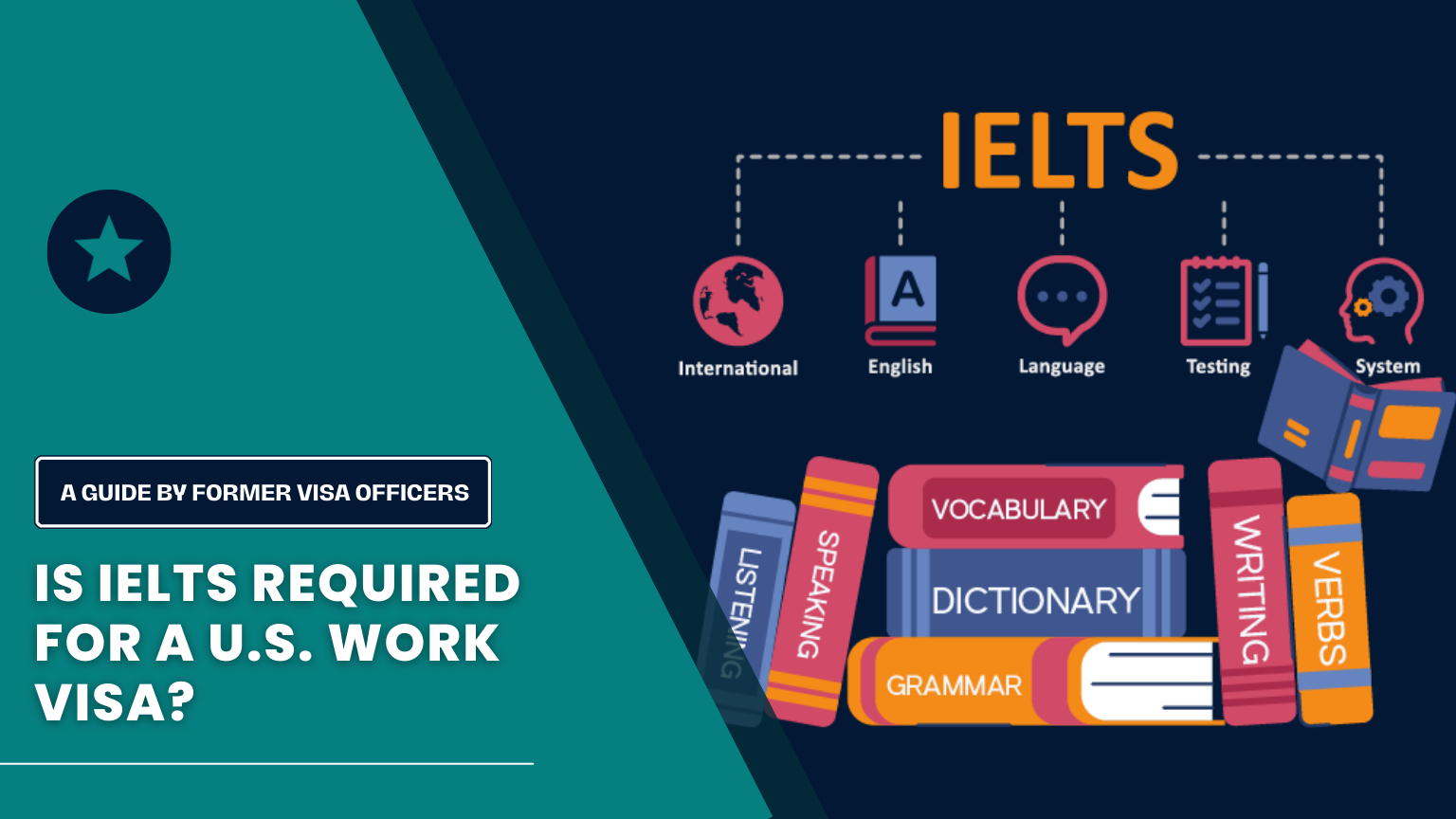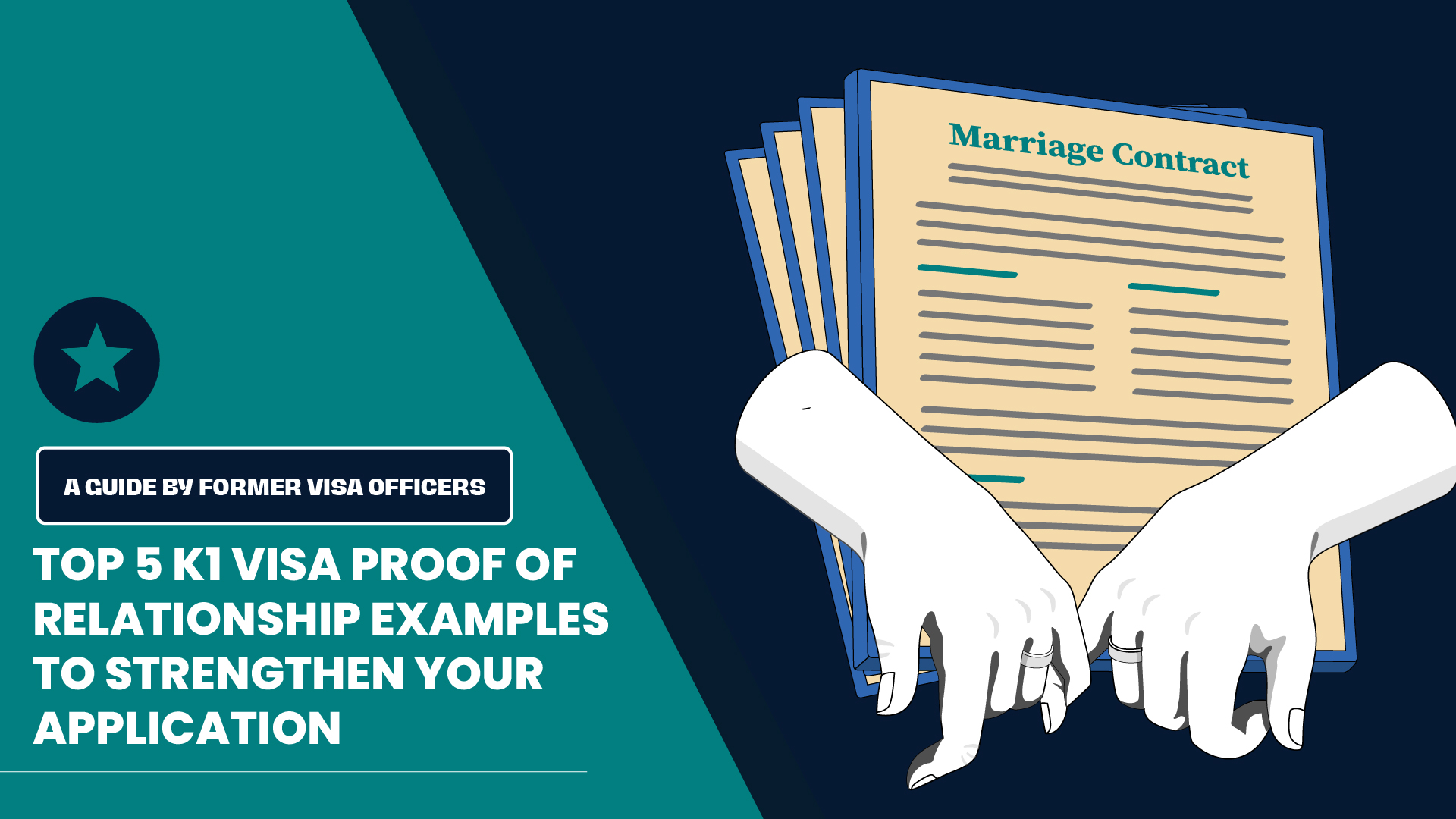In the fast-growing landscape of global employment, the U.S. is one of the most preferred destinations for skilled professionals worldwide, especially in India. Many Asians aspire to pursue a career in the U.S., seeking to live the American dream. They are eager to contribute their talents to the diverse workforce. However, the journey to obtaining a U.S. work visa is not easy and needs clarification. The most common questions are about language proficiency requirements, which surface frequently. An oft-repeated question is: “Is IELTS required for a U.S. work visa?”
The answer to this question depends on the type of work visa an individual applies for. The U.S. Citizenship and Immigration Services (USCIS) has established guidelines for various visa categories, each with its own set of eligibility criteria. While some visas stress English language proficiency as essential, not all of them specifically require the International English Language Testing System (IELTS).
For aspirants seeking a nonimmigrant work visa, such as the H-1B or L-1 visa, the USCIS has not made it imperative to have IELTS as a prerequisite. Of course, these visas have their own eligibility criteria, including educational qualifications, specialized skills, and a valid offer letter from a U.S. employer. Applicants must thoroughly review the specific requirements for their visa category to ensure a smooth application process.
On the other hand, immigrant visas, such as the employment-based preference categories (EB-2 and EB-3), do mandate language proficiency requirements. In these cases, the USCIS might request proof of English language proficiency backed by qualifying marks in standardized tests like the IELTS. It mainly applies to individuals seeking permanent residency in the U.S. because language proficiency is one of the essential factors for successful integration into American society.
Significantly, while the IELTS is a widely accepted English language proficiency test, the USCIS also recognizes alternative tests such as the Test of English as a Foreign Language (TOEFL) and the Pearson Test of English (PTE). These tests evaluate an individual’s ability to communicate effectively in English and cover reading, writing, and speaking skills.
For those asking themselves, “Is IELTS required for a U.S. work visa”? The answer lies in understanding the specific requirements of the chosen visa category. The USCIS prefers that individuals entering the U.S. for employment possess the necessary skills and qualifications to contribute positively to the nation’s economy. While language proficiency is a critical consideration, the emphasis may vary based on the nature of the visa.
Additionally, some U.S. employers conduct their own language proficiency tests for prospective employees, regardless of visa regulations. In such cases, applicants should meet the employer’s criteria, including matching the prescribed IELTS scores or other recognized language proficiency test results.
Conclusion
In conclusion, the IELTS requirement for a U.S. work visa depends on the specific visa category and, in some cases, the employer’s preferences. Talk to our Visa Consultant for more clarity on this and other crucial requirements before processing your visa. Our ex-consular officers will help you carefully review the criteria outlined by the USCIS for your chosen visa and take the necessary steps to demonstrate your English language proficiency, whether through the IELTS, TOEFL, PTE, or other recognized tests. Clear communication and adherence to the stipulated criteria help improve the chances of a successful U.S. work visa application, paving the way for a fulfilling professional journey in the United States.
(This blog post was written by Yvette Bansal, a former consular officer, and Ramesh Vittal Rao, a Senior Content Writer.)
DISCLAIMER:
This blog does not endorse or advocate for any illegal activities. All content presented here is intended for educational purposes only. The viewpoints expressed do not constitute legal advice and are solely based on the writer’s opinions and experiences. Please use the information provided responsibly. Any advice given is of a general nature and should be applied to your specific circumstances with caution and consideration.
Copyright © 2024 UDETI LLC. All rights reserved.






